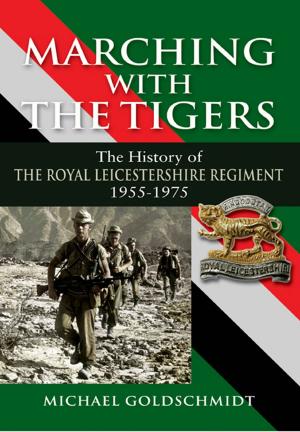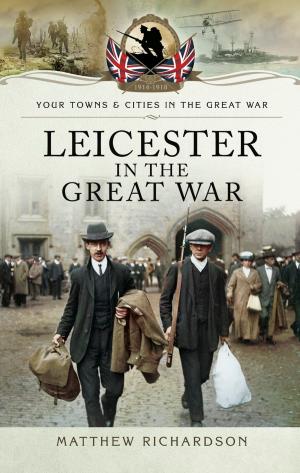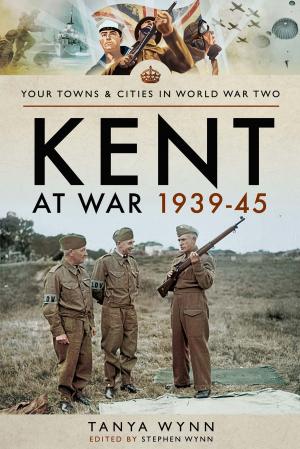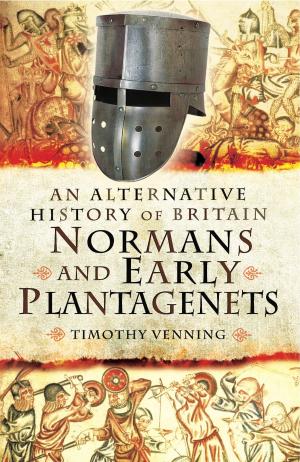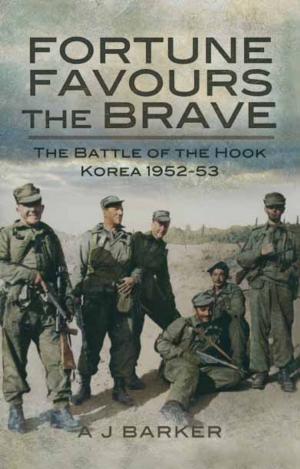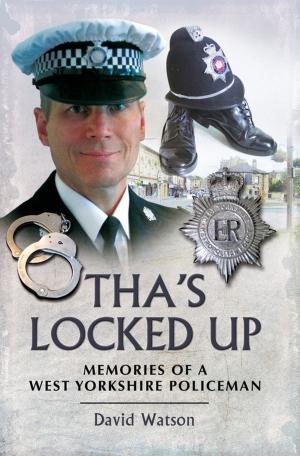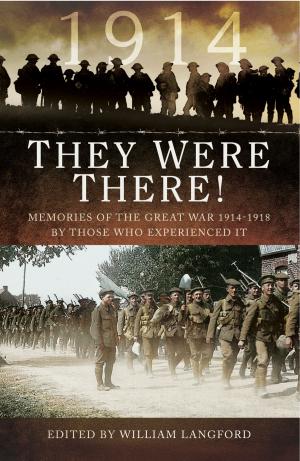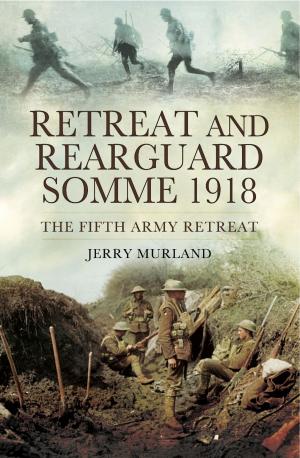Wanton Troopers
Buckinghamshire in the Civil Wars 1640-1660
Nonfiction, History, Modern, 17th Century, British| Author: | Ian F W Beckett | ISBN: | 9781473856042 |
| Publisher: | Pen and Sword | Publication: | February 29, 2016 |
| Imprint: | Pen and Sword Military | Language: | English |
| Author: | Ian F W Beckett |
| ISBN: | 9781473856042 |
| Publisher: | Pen and Sword |
| Publication: | February 29, 2016 |
| Imprint: | Pen and Sword Military |
| Language: | English |
The causes of the three ‘English’ Civil Wars (1642 to 1645, 1648, and 1651) are complex and controversial – clashes of conviction, belief, and personality, and a struggle between opposing social groups and economic interests. But, whatever the focus of scholarship, many answers can be sought at the local level, among county communities that were far more outward-looking than once suggested. That is why Ian Beckett’s in-depth study of Buckinghamshire, one of the pivotal counties during this turbulent period in British history, is of such value. None of the best-known battles or sieges took place in Buckinghamshire, but there was destructive combat in the county on a smaller scale because its location placed it on the front line between the opposing forces – between the royalist headquarters at Oxford and the parliamentarian stronghold of London. As Ian Beckett shows, the impact of war on Bucks was considerable. His analysis gives us an insight into the experience of local communities and the county as a whole – and it reveals much about the experience of the conflict across the country.
The causes of the three ‘English’ Civil Wars (1642 to 1645, 1648, and 1651) are complex and controversial – clashes of conviction, belief, and personality, and a struggle between opposing social groups and economic interests. But, whatever the focus of scholarship, many answers can be sought at the local level, among county communities that were far more outward-looking than once suggested. That is why Ian Beckett’s in-depth study of Buckinghamshire, one of the pivotal counties during this turbulent period in British history, is of such value. None of the best-known battles or sieges took place in Buckinghamshire, but there was destructive combat in the county on a smaller scale because its location placed it on the front line between the opposing forces – between the royalist headquarters at Oxford and the parliamentarian stronghold of London. As Ian Beckett shows, the impact of war on Bucks was considerable. His analysis gives us an insight into the experience of local communities and the county as a whole – and it reveals much about the experience of the conflict across the country.




